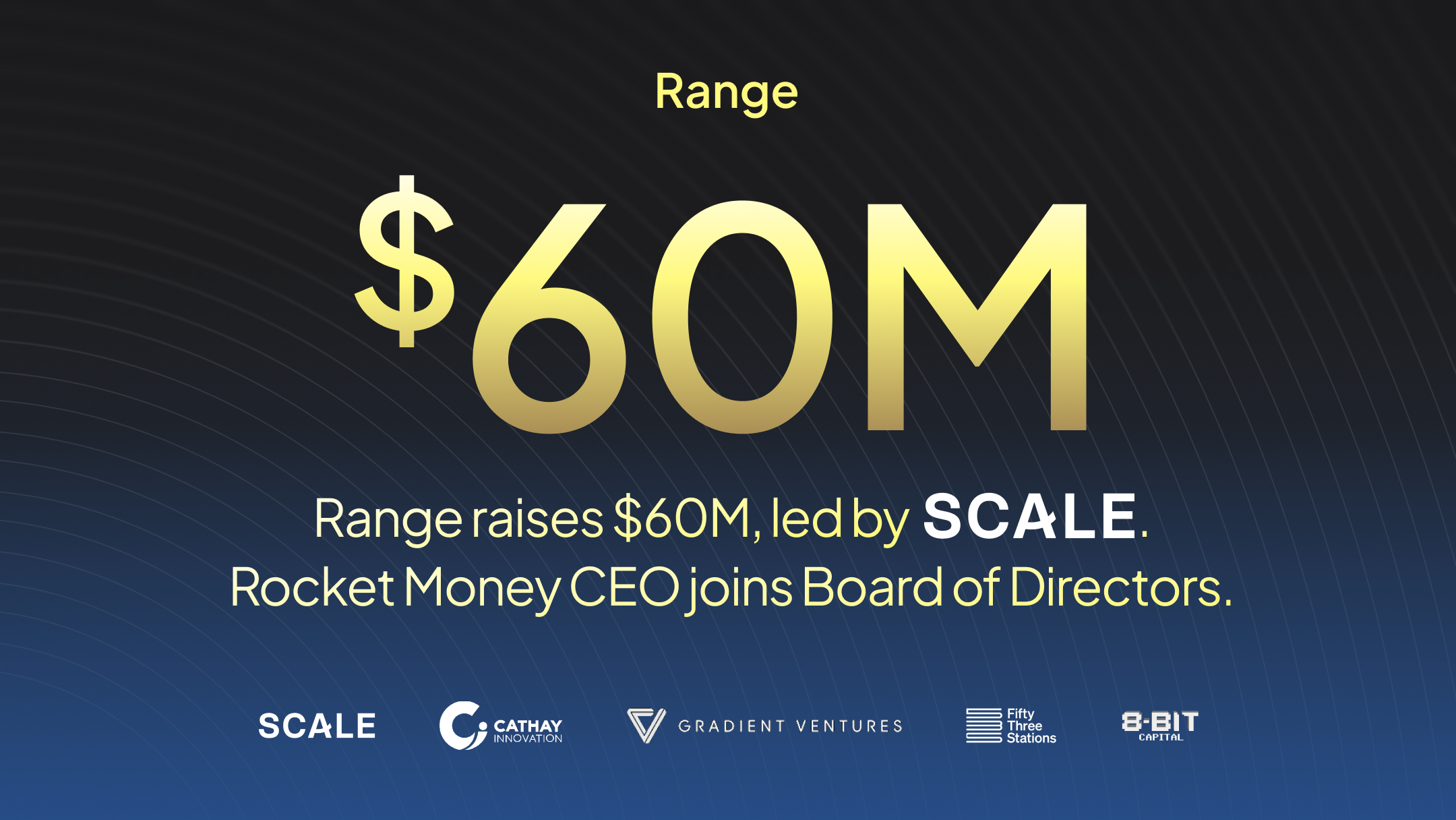TL;DR
Financial advice is the guidance, information, or help that a financial planner or another related professional gives you to make better decisions about your money. Receiving bad financial advice can be devasting depending on the circumstances. When you need advice, whom do you turn to first? Your best friend? Your spouse or partner? Your family? Your work colleague? Your insurance agent? While all of these people can be sources of good information and support, chances are that at some point you'll also turn to an expert for advice. Ideally, someone whose profession it is to provide advice and guidance to people from an objective and empathetic vantage point.
To provide the right advice, you have to first understand the questions being asked.
Every day we encounter questions such as the following:
- "No idea how to manage my cash flow. Where do I start?"
- "What should be my top priorities when looking to buy a house?"
- "Looking to pay off my high interest credit card debt ASAP with a cash out refinance of my house. Thoughts? Suggestions?"
- "My company just gave me some stock options. Do I need to pay taxes on them right away? I have no idea how this works."
- "Is it better to pay off my student loans immediately, or use that extra money to buy a house sooner?"
- "In regards to my finances, how would you recommend building a financial pie (saving, spending, investing, etc.)?"
- "Does my portfolio diversification contain the proper level of risk for my age and goals?"
- "I'm currently trying to understand how to handle health insurance if I retire early."
Over my career, I have had the distinct pleasure of working directly with over 350 individuals and families ranging in age from 22 to 98. These relationships were formed at large and small wealth management firms, fintech companies, and boutique multi-family offices.
These clients ranged in net worth from (negative) $300,000 (med school grad drowning in student loans) to $300,000,000 (a family who founded an insurance company in Texas)...and everywhere in between.
For all of these people, many factors and considerations for financial planning are the exact same. Alternatively, other factors couldn't be more different.
Where should I turn for objective financial advice?
There are different types of advisors ranging from financial planners (who actually have degrees in finance and have passed the professional exams required for certification), stock brokers, insurance agents, accountants, Uncle's and Aunt's, media outlets, and everything in between.
“Financial Advisors” are seemingly a dime a dozen, with zero ability for the general population to distinguish commission-based product salespeople from fiduciary, comprehensive wealth advisors and companies without inherent conflicts of interest.
Advisory companies are desperate for new clients and employees alike because often the service offering is not scalable with the business. People think that their friendly neighborhood advisor isn’t charging them much, when in reality the fees they are paying are buried in investment loads, wrap fee programs, and kickbacks for using certain investment or insurance products. These clients may never ever see “Advisory Fee” spelled out anywhere on their quarterly statements, so it's not transparent.

Every year there are new “Get Rich Quick” schemes on the market. When it comes to getting objective and personalized advice for your individual needs, we recommend turning to professionals, companies, and products without embedded conflicts of interest.
Money is hard. How can I cut through the noise?
The truth is, the vast majority of people don't know where their money is really going. They don't have a handle on their debt, and they could not tell you which accounts to focus on if they ran into financial difficulties. Even when you look at the numbers, there's little clarity. Most Americans have no idea how much they spend every year, and they are even worse at foreseeing future expenses. Around 49% of Americans could not cover a $400 emergency expense today.
The rise of financial technology and online resources has given consumers access to tools that make it easier for consumers to manage and better understand their money. Now, there are lots of fancy and cutting-edge tools that can help you save on everything from your rent or car payments to your grocery shopping.
There is a lot of financial technology (FinTech) and online resources available to consumers which can be confusing. The great news is, consumers have lots of choices. They can invest their money with robo-advisors who handle investments like Wealthfront, Betterment, and Motif. They can compare thousands of credit cards on CreditKarma.com. They can take surveys and earn rewards through digital reward programs like Swagbucks and PerksTV. The list goes on.
However, a lot of these platforms require self-service where users have to learn and figure out what they need on their own. Research shows that due to our diverse backgrounds and levels of understanding as consumers, very few Americans actually seek advice from an expert before making a financial decision.
According to a CNBC article by Jessica Dickler from April 2, 2019, 75% of Americans manage their own finances with no help from a professional or online service. Only 17 percent said they use a financial advisor, which is even less than the 19% of Americans who use a mental health professional.

Financial planning is a broad term used to describe the design of an individual's financial future. There are many areas of financial planning: retirement planning, insurance planning, investing, estate planning, education funding, tax planning, charitable planning, etc. Financial advice is also a broad term. This can mean different things to different people.
Good financial planners help people think through the most sensitive topics of their finances and lives, including death, family gifting, trust structures, sale of business, retirement decisions, prenuptial agreements, and severe debt and cash flow issues.
I've seen money tear apart families and marriages. On the flip side, I’ve seen money change lives, influence 2nd and 3rd generations in a positive way, and create philanthropic legacies that helped create real change in the world.
What is NOT financial advice?
First, let's set the stage for the present day. The phenomenon of “meme stocks” and options trading came to the forefront in 2020, which replaced things like online gambling when the pandemic canceled all sporting events. The world of options and derivatives trading became even more democratized, and beginner investors suffered enormous losses as the stock market continued to fall throughout 2022.
Financial advice is not an insurance policy, annuity, stock tip, pyramid scheme, or side hustle. Financial advice is not managing someone's investments without the context of their planning goals, risks, and objectives. Can some of these things help someone's overall financial situation? Absolutely.

Unfortunately, we have a generation of workers who are graduating college with over six figures in student loans and starting their first jobs while not knowing how to manage their paychecks or set up their 401(k) accounts. Many people don't know exactly how to start saving for big purchases like engagement rings, home down payments, investing in a business, buying into a partnership, or exercising their company equity. Many others don't know how paying off debt fits into their overall financial strategy.
Consumers now have lots of financial technology and online resources available to them, including platforms like Robinhood, NerdWallet, Investopedia, The Balance, M1 Finance, YNAB, WalletHub, Credit Karma, TurboTax, Reddit, etc. All of them serve their purpose in different ways but require consumers to “self-serve” using a potentially limitless amount of online tech and articles with little personalization or professional advice.
We have generations of people who have never been taught anything in financial literacy, through no fault of their own. These individuals might be brilliant software engineers, medical professionals, attorneys, consultants, educational professionals, you name it. While these folks are incredibly smart about what they do, there’s a solid chance that they’ve never been taught anything related to investing or personal finance.
They might be relying on advice from colleagues, friends, family mentors, or online websites. The problem with all of the above resources is that they often don’t know the person’s specific situation in detail, nor do they have a sense of their preferences, feelings, or emotional ties to the money involved in the decision.
These folks often have no idea how to do their own taxes, enroll in their employee benefits, or protect their families and themselves by having adequate insurance. They often seek the low-cost solution or path of least resistance to obtain auto insurance, home insurance, umbrella liability coverage, medical insurance, long-term care, disability insurance - and on and on the list goes.
I have worked with a number of successful and wealthy new parents who don’t have a simple Last Will & Testament in place! (Having a well-written Will protects heirs by providing legal guardianship clauses and instructions for asset disposition at your passing). This should be the bare minimum after getting married or having child, and even before then it makes sense for most people to have a Will in place.
As a society, we can no longer be OK with the persistence of these phrases…
- “I have no idea, but I’ll just wing it”
- “I read about it online - seems like an easy way to make some $$ short-term”
- “I saw that stock on TV, I decided to invest in it”
- “I have to do my taxes soon…I have no idea how to do them or what to expect for a refund”
- “Can we afford this??”
- “My advisor is OK but I have no idea what they are charging me in fees”
- “My advisor never calls or emails me back fast enough”
- “I don’t want to be eating cat food when we retire”
- “Honey - send me your W-2 for last year”
- “I have no idea where my money goes. Things are so expensive these days”
We now live in a world where the media dominates our lives and folks tune in to pundits like Jim Cramer and CNBC for the latest hot stock tip or crypto trading strategy.

We have young people working for tech start-ups and other companies that issue stock, but have no idea the tax ramifications of their exercise strategy or the long-term implications of cashing in stock too early, (or too late), borrowing capital for cash exercises, and most of all - not folding that kind of decisions into a longer-term plan around what they want for their lives and their families.
Money is one of the strongest forces on the planet. How is the average person with no formal financial education or experience in the professional financial management world supposed to navigate the ever-increasing challenges of personal financial management?
NEXT STEPS
Thanks to technology and innovation, we now have a number of tools at our disposal. If going to the right place online, you can open and find a brokerage account or IRA in about five minutes. You can invest in blue chip companies with as little as five dollars and buy a stock slice. You can find any number of articles relating to buying a home refinancing a mortgage blending household financial plans. You can buy {insert new Cryptocurrency or NFT} at the click of a button on your smartphone.
We are not here to say whether or not that’s a good or bad thing. I am of the opinion that the democratization of access to investing and capital is, for the most part, an overwhelmingly good thing for our society. Having the right context and advice makes all the difference!
However, it would seem to me that none of these things can ever fully replace the ability to ask a question and receive a prompt, thoughtful, bespoke response in return.
With the right combination of incredibly well-constructed technology, thoughtful experience, empathetic input from financial planners (with zero incentive to issue bad advice), and an affordable cost – we just might be able to provide financial clarity and decision-making power to millions who desperately want it.
__________________
Range is here to help.
With Range, you can connect all your finances into a single dashboard to track, monitor and plan the best version of your life. Say goodbye to middlemen and spreadsheets and hello to the new financial you.





.svg)
.svg)
.svg)

